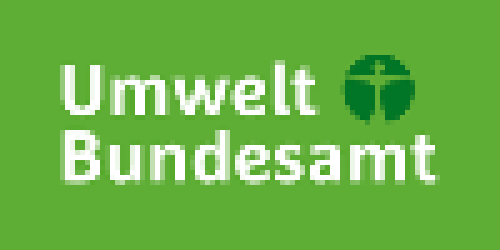meta data for this page
2.J - Production of POPs
Short description
In Germany, the POP pesticides (Aldrin, Dieldrin, Chlordane, Toxaphene, Mirex, Endrin, Heptachlor, DDT) listed in Annex A & B of the Stockholm Convention are not specifically produced or applied (see ). Lindane has not been produced in Germany since 1984 (in the former GDR since 1989).
Dioxins, furans and PAHs have never been produced by the chemical industry on a technical scale in Germany. They are by-products that can be formed unintentionally in all combustion processes in the presence of chlorine and organic carbon. Only HCB played some role just before 1990.
In the Federal Republic of Germany, the production of polychlorinated biphenyls was discontinued by Bayer AG in 1983 1). By the Chairman of the Council of Ministers of the GDR on March 6, 1984, with Order No. 54/842), stipulations were made for the protection of working people, for the controlled use of PCBs and for the harmless disposal and replacement of PCBs by the development and production of suitable PCB-free agents . Since the Stockholm Convention came into force in 2004, there has been a worldwide ban on these substances.
Thus, no emissions are reported for the period 1990 until today from the source category NFR 2.J (not occuring, NO).

